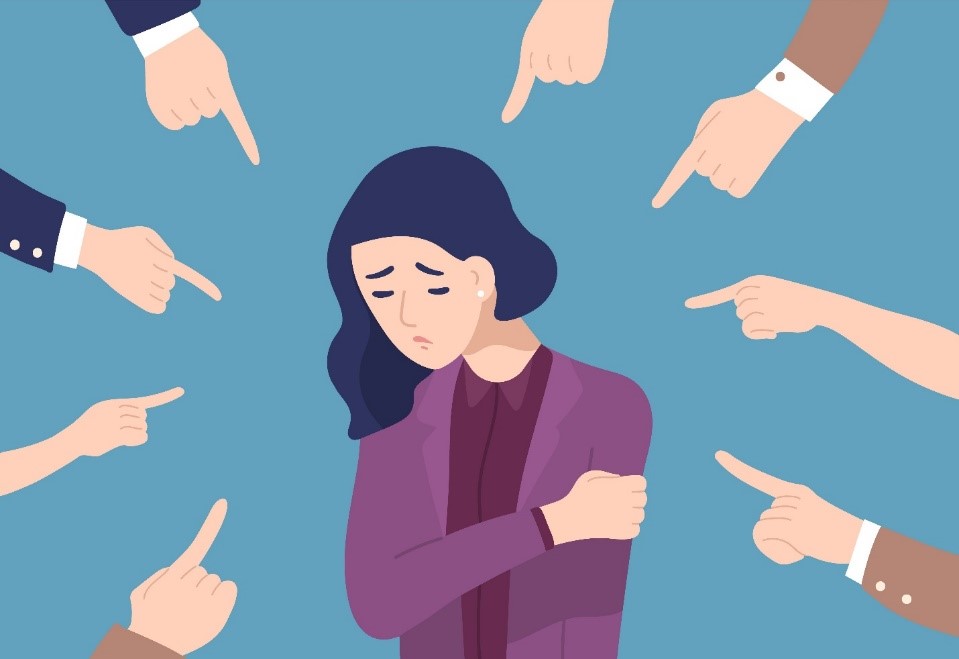In the world of diabetes management, every day brings unique challenges. Yet, through the power of advocacy and awareness, individuals with diabetes are finding the strength to face these challenges head-on. This blog post revolves around a compelling story shared to me by an online diabetes peer, which beautifully encapsulates the impact of diabetes advocacy and the resilience of those living with the condition.
Our peer shared a moment from their life that unfolded during a seminar. It was a day like any other, but their insulin pump had other plans. It malfunctioned, resulting in high glucose levels—a situation that can be unsettling for anyone. Instead of feeling embarrassed, this individual demonstrated remarkable composure. They calmly injected insulin and replaced their pump set right there in the room, without leaving or excusing themselves. In their own words, they did it "like it's a normal thing...which it is apart from injecting."
Here is their message, shared with permission:
This story carries a profound message, not just for people with diabetes but for everyone:
The Power of Advocacy: The online diabetes community, along with dedicated advocates, has played a pivotal role in raising awareness about diabetes. Their efforts have contributed to a more informed and understanding society, allowing individuals like our peer to feel supported and empowered.
Breaking Down Stigmas: Our peer's ability to manage their diabetes openly and confidently challenges the stigmas surrounding the condition. It exemplifies that dealing with diabetes, even in unconventional situations, should be normalised and accepted.
Self-Empowerment: This story is a testament to the resilience and self-empowerment that individuals with diabetes can cultivate. When people understand that diabetes is a part of life but doesn't define it, they can confidently manage it without feeling the need to hide.
Inspiration to Others: The courage displayed by our peer serves as an inspiration to me and I hope others in the diabetes community. It shows that unpredictable moments can be met with grace and that diabetes doesn't have to hold anyone back.
The Importance of Preparedness: While managing diabetes is a day-to-day reality, moments like the one our peer experienced highlight the importance of preparedness. Knowing how to handle such situations and sharing this knowledge can benefit the entire community.
This story is a testament to the transformative power of diabetes advocacy and the resilience of those living with the condition. Through advocacy, we can break down stigmas, inspire self-empowerment, and encourage a sense of normalcy in managing diabetes. Our peer's experience during that seminar is proof that, with the right support and awareness, individuals with diabetes can confidently navigate even the most unexpected moments with confidence, ensuring that diabetes doesn't define them, but rather, becomes just another part of their remarkable lives.
I talk about my diabetes a lot and I do that simply to share my experiences. Remarkably, that simple act can have a hugely positive impact on others. I strongly encourage you, reader, to share your own experiences about diabetes.
If you enjoyed this blog and you'd like to support me over the time that I give to others, my online content, or if you'd like some direct support from me then check out these links:
BUY DIABETIC DAD A COFFEE HERE
GET MENTORING SUPPORT FROM DIABETIC DAD
Prefer PayPal?

















